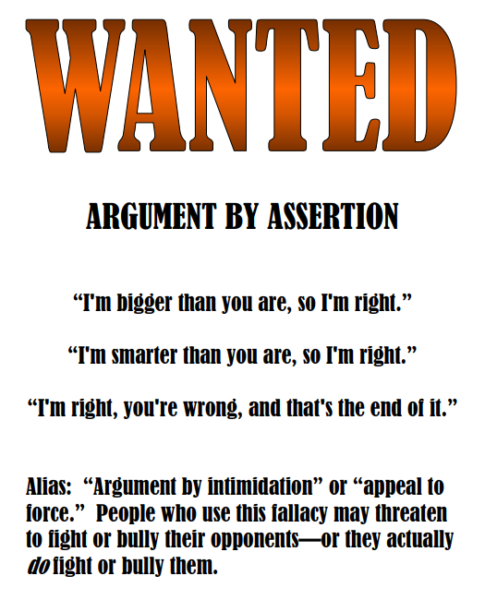Chess made me think of my high school’s clubs. I went to Los Gatos High School in the Silicon Valley, and I wanted to see if the offerings at my alma mater would appeal to the Highly Capable (HC) kids I teach. Plus, I wanted to share offerings your school might not have thought of.
Like other students, intellectually advanced students take part in a wide variety of extracurricular activities:
- athletics
- arts
- ASB
- drama
- music
- yearbook
Adults tend to recommend service clubs to HC students, like:
- LEO Clubs, sponsored by Lions Clubs, focus on leadership qualities and service activities.
- Interact groups, sponsored by Rotary Clubs, also focus on leadership and service projects.
- Key Club International is another service organization.
- The National Honor Society has four membership criteria: scholarship, leadership, service, and character. While students in the club must maintain a GPA of 3.3 or greater, its main focus is, once again, volunteer work and service.
HC students might gravitate toward entrepreneurship and business clubs:
- Diversity in Entrepreneurship
- Entrepreneurial Society
- Stock Market Club
But how many clubs are there with a strong academic focus? How many clubs are going to stretch the thinking of HC students?
In addition to the above clubs, my high school also offers the following academically oriented clubs. (I added links to national organizations or articles on how to set up the different kinds of clubs):
- Asian American Association (Asian history and culture)
- Beyond Words (reading and writing)
- Chess
- Civic Engagement (politics and current events)
- Coding
- Dat Biz (data science and business)
- Environmental Club
- Environmental Outreach Club (Yes, LGHS has two different environmental clubs!)
- Math
- Mock Trial
- Model United Nations
- Neuroscience
- Philosophy
- Pre-Med
- Quiz Bowl
- STEM
- Social Justice
- Speech and Debate
- The UNICEF Club (global issues and concerns)
- Literary Magazine
- Uncharted Territories (complex scientific articles)

Back in when I was in high school, the Model United Nations was an end-of-the-year activity for the freshman level World History class. Two classes each period met together in the library for the event. Every member of the classes was assigned a nation and goals to meet. I drew Burma. Another girl and I worked together to get affordable rice for our country.
Every communication between countries went up to the teachers first. They read them and then projected the notes so all the representatives for the countries could see the negotiations as they were taking place.
There were a couple of big rules. First, we had to act the way our countries would act, not the way we might like to act as Americans. Second, we couldn’t declare war until we had tried three other solutions first. And the teachers had to agree that all other reasonable options were exhausted.
What I most remember from the experience is that our Soviet Union invaded our Czechoslovakia two months before the real invasion took place. Our Model United Nations really did mirror reality! This club is one any high school could implement.
Would my HC students be interested in the high school clubs I’ve listed? Many of my HC fifth grade students are voracious reading and avid writers. Many of them love both science and math. I can see them eagerly participating in several of the clubs that cater to those subjects.
Most of my students love coding. When Hour of Code rolls around in December, I set aside a week to let them explore. In contrast, at the beginning of the year, most hate public speaking. I have so much fun converting them, getting them to the point where they beg me to let them take their show on the road. In social studies, they are excited whenever we do simulations, which are a great step toward doing Model UN. Students are thoughtful during our POV exercises when we discuss philosophical questions in history. On the other hand, they think the fallacies police (a simple introduction to logic) are hilarious.

And—of course—many, many of my students play chess.
The truth is, if you build academically challenging clubs, students will come.
Wow! Yes. I completely agree that clubs with an academic focus are vital. Thinking back to myself in high school, I was intimidated by anything that seemed like it was reserved for the HC students. However, experiences with my teachers slowly helped me venture out and challenge myself. That is why it is so important for teachers to encourage their students to challenge themselves. We may see potential in our students that they do not see in themselves.
Thank you for spotlighting the importance of clubs with an academic focus. I am the advisor for our Social Equity Club and it is incredibly powerful to see students really delve into issues that are important for strengthening our school culture. I learn so much from their insights on what’s happening in the world and I am inspired by their drive to change things for the better.
I’d love to see all students in one club or another, both to build community and find ways to challenge themselves and grow.